“What does it mean, the plague? It’s life, that’s all.”
Camus’ fictional story The Plague conveys a cynically realistic narrative of an epidemic in the large Algerian city of Oran, told through the perspective of the protagonist Dr. Rieux. I believe this novel to be the most impactful depiction of human nature in a mass crisis through literature.
The story begins with masses of rats dying in public. Citizens were disturbed by this phenomenon, and the newspapers demanded action to be taken. Soon after the mass of dead rats was collected for cremation, M. Michel, the concierge of the building where Dr. Rieux works, suddenly dies from a mysterious fever. This illness begins to spread, affecting many civilians. This is not only a captivating story but also relatable, considering the pandemic that we all experienced.
Rieux and his colleague imply that the illness is the Bubonic Plague. As it begins to become an epidemic the two urge for solvency. The authorities continue to deny the severity of the plague, yet they eventually place the city under quarantine. This aspect of the authorities’ disregard for serious precautions until the plague had already affected a mass population depicts the similar ignorance of the government during the beginning of COVID-19.
Although this novel is technically an implied depiction of the Bubonic Plague, which is entirely different from the experience of COVID-19, there are overlapping similarities, particularly psychologically. The characters in The Plague encounter numerous emotions and reactions to the sudden outbreak of this deadly illness. The idea of living through such an astronomical event such as a pandemic is emotionally unthinkable until you’re forced to actually face this reality. Many of the characters such as Rieux find it difficult to accurately express their feelings due to the intensity of the situation.
When our emotions become lost in translation, it is natural to react rashly or impulsively, as if that will bring us clarity or an explanation. I saw this within many of my peers, who often regretted their reckless behavior as we emerged from the restrictions as well as the slight freedom of quarantine. Camus isn’t necessarily advocating or discouraging the release of impulses and inner desires, rather illustrating the potential outcomes. In both the novel and reality, the consequences of recklessness in a crisis usually results in self actuality, which although painful, can be beneficial, along with a littered mess of previous damage, which we are forced to resolve. The takeaway of this message is less of a do and don’t warning, and more of a reflection of humanity.
The Plague exposes the characters’ inner turmoil and egotism. Camus indicates that Cottard has a criminal past, constantly fearing that this will ambush his future. Therefore, he befriends as many people as possible in hopes that he can renew his reputation, yet the morality and intention of his actions are slightly ambiguous. Is his attempt to restore his persona just a deceptive ploy to combat his fear, or is he truly becoming a better person? Camus provides no clear answer to the question of Cottard’s troubled mind, forcing the reader to mull over the characters’ morals in regards to their own.
The plague reveals Cottard’s core psyche as he resorts to smuggling and other criminal activity while the town is too preoccupied with the epidemic to notice. Cottard becomes exactly what he fears because of the impact of the plague. During COVID-19, I saw many people act on their impulses that were always present, yet previously withheld because of the consequences and impact on themselves and others. Yet the pandemic internally opened the door for them to do what they please, regardless of the damage. The characters in The Plague provide a sense of understanding and awareness- that our fearlessness is natural, yet still harmful.
Camus’ novels often heavily center around his philosophical beliefs. Camus was an atheist and in some regards an existentialist. Many consider Camus to be the founder of the philosophical ideology of absurdism—the conflict between our longing for value and significance, and our inability to find any in an irrational and absurd universe. This philosophy is the main theme in his book The Myth of Sisyphus. Camus uses the Greek legend of Sisyphus, a man condemned by the Gods for eternity to continuously roll a boulder up a hill, only to have it roll down again once he reaches the top to symbolize our persistent struggle against the absurdity of life. Knowing this information while reading The Plague provided more perspective within Camus reasoning, which allowed more sympathy and understanding for the characters. Absurdism is my favorite form of philosophy when analyzing life in general, therefore The Plague and The Myth of Sisyphus resonated with my personal ideologies.
I believe that absurdism is an ideology we should all implement or at least consider regarding our own lives. Many of us feel lost in a world that we did not ask to live in, therefore we search for answers that can never be found. Maybe if we try to find a resolution within what we have already attained, we can begin to answer more attainable questions.
The Plague captures this absurdity. The plague is fair to no one, there is no morality or rationale behind the deaths or lives spared. Father Paneloux declares that the epidemic is God’s punishment for the sins of Oran. When M. Othon’s young son deteriorates from the plague’s prolonged effects, Dr. Rieux shouts at Paneloux, angered that the innocent are dying while Paneloux claims that the plague is God’s will.
Paneloux is deeply shaken by the boy’s death, leading him to reconsider his beliefs regarding the morality of the epidemic. He therefore delivers a revised sermon, declaring that the inexplicable deaths of the innocents force Christians to either believe everything or nothing about God. When Paneloux faces the plague himself, he refuses to see a doctor, allowing the divine power to determine his fate.
The lack of equality regarding the plague victims addresses the questionability of religion. Some in the town of Oran believe that God will save them and that the epidemic is a mere test, while others like Paneloux claim that the plague is a punishment. These attempts to find meaning and reasoning within an unjustifiable outbreak of suffering ultimately boil down to nothing more than life—which is inherently absurd.
I connected this storyline with the overall concept of religion, Christianity in particular. If every action and outcome is God’s will, then why would I choose to worship the cause of such pain and unjust destruction. This is similar to Rieux’s anger towards Paneloux’s statements about God’s will.
“Well, personally I’ve seen enough people die for an idea. I don’t believe in heroism; I know that it’s easy and I’ve learned that it can be murderous. What interests me is living and dying for what one loves,” Rieux says. Rieux continuously fights against the plague, trying to find a cure and help those who are afflicted, yet he doesn’t believe in heroism. In most classic novels and movies there is a clear distinction between the hero and villain, and although Rieux could be seen as the courageous leader, he is equally affected by the hardship of the plague and the selfishness it causes.
“But you know, I feel more fellowship with the defeated than with the saints. Heroism and sanctity don’t really appeal to me, I imagine, what interests me is being a man.” It is impossible to have a hero or villain when the only real offender is the plague itself. Instead of trying to reason with the gods, Reiux chooses to accept that this epidemic is merely a tragedy in Oran, affecting not only him but everyone. I believe this is an important message to consider in our own world, not only regarding COVID-19, but throughout. Instead of searching for a meaning that we may never find, we should utilize and take control of what we do have.
Cottard isn’t supposed to be seen as a villain, but simply as an inwardly vulnerable person to the plague’s influence. Throughout the book, Cottard tried to help those he could, but the plague ultimately reverted his morality into himself.
The citizens of Oran are troubled with distress and sorrow for their loved ones outside of the city or those held under more severe quarantine measures. Due to their imprisonment, confined to their homes in isolation, people view their anguish as unique, as if their suffering is unfathomable to others. Camus’ surreal and vivid imagery, somehow paired with the bleak truth, creates the pain that these characters face an extremely empathetic read.
When deprived from the world and those who surround us, we are forced to spiral into ourselves. Humans need perspective on life outside of fear and isolation, otherwise we cannot co-exist. Similar to COVID-19, the plague created a barrier between our individual identities and our peers. The characters in this novel lived in a constant state of protection from others. They were forced into unwilling separation while their fear blended into their lives, which were so individually cherished yet miniscule compared to millions. When we become such a small fraction of the importance in a considerable catastrophe, we believe that we are the only ones with a conscience. In The Plague, this leads to mass hysteria, along with self-realization and corruption.


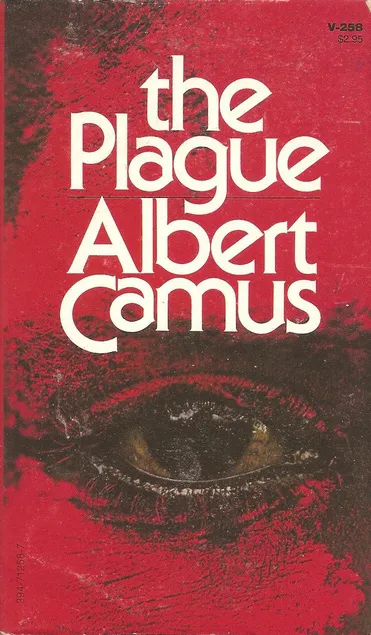
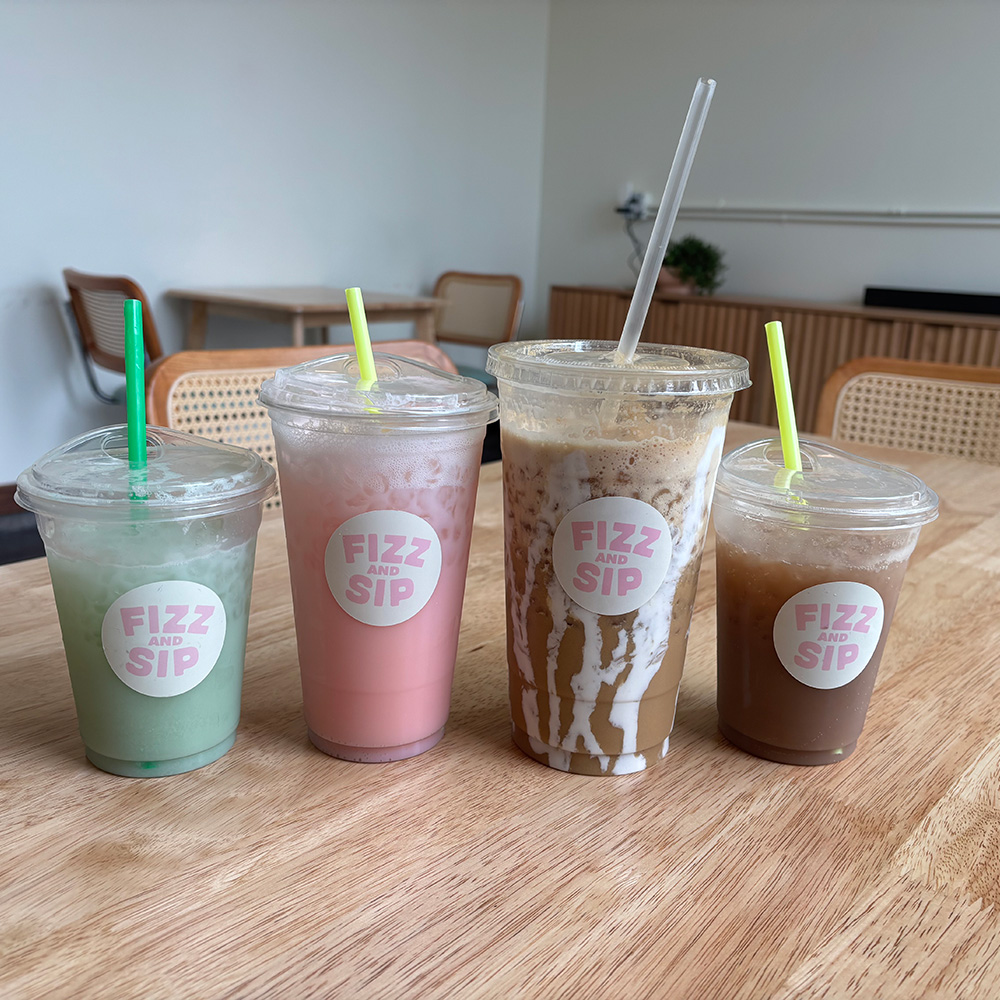
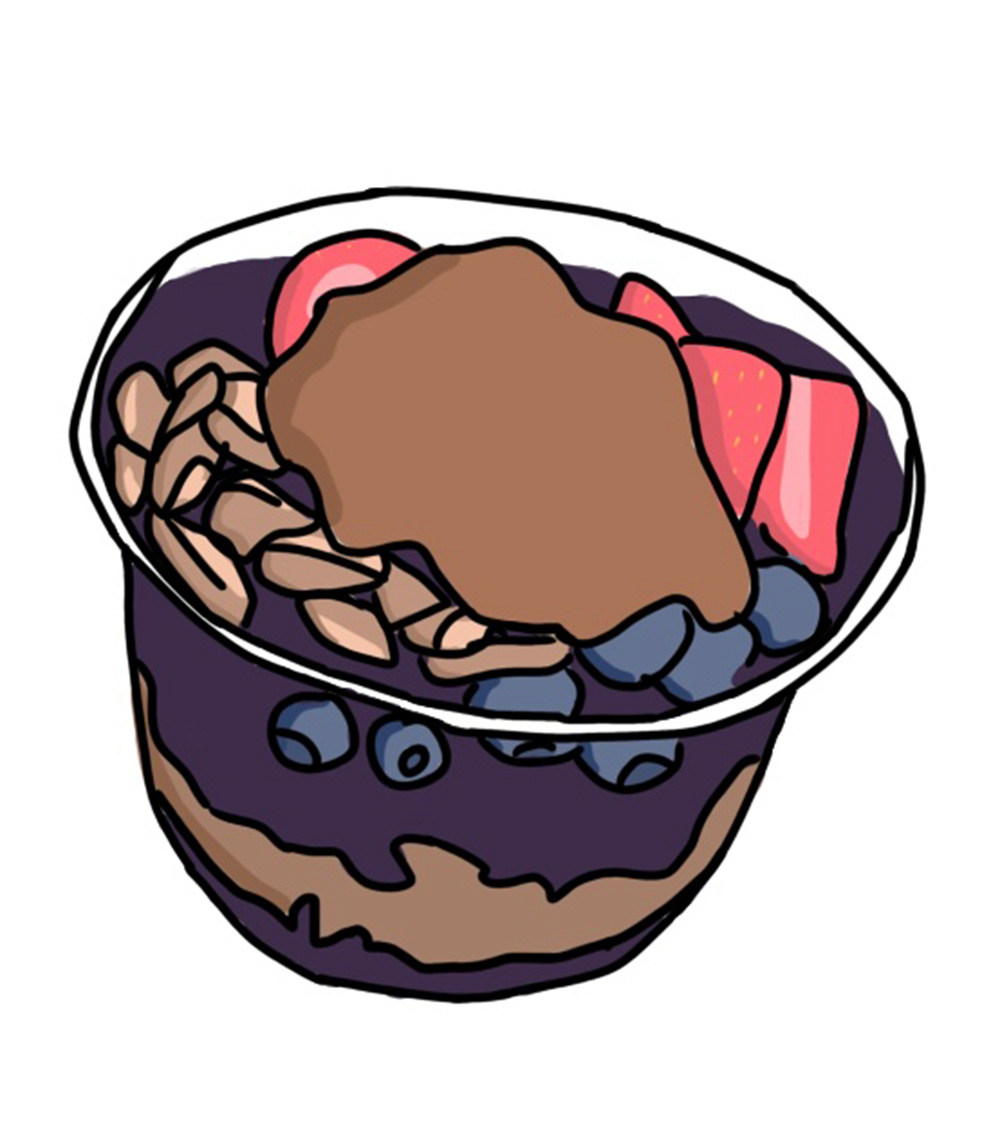
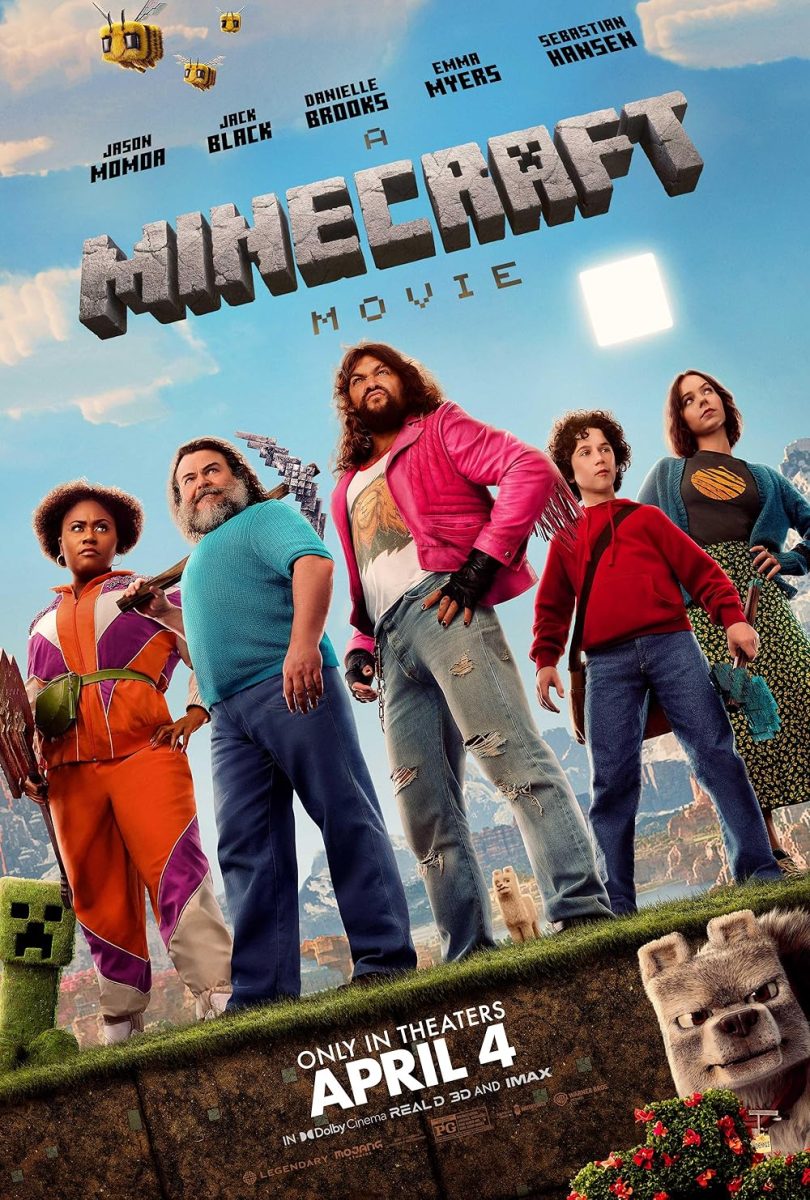
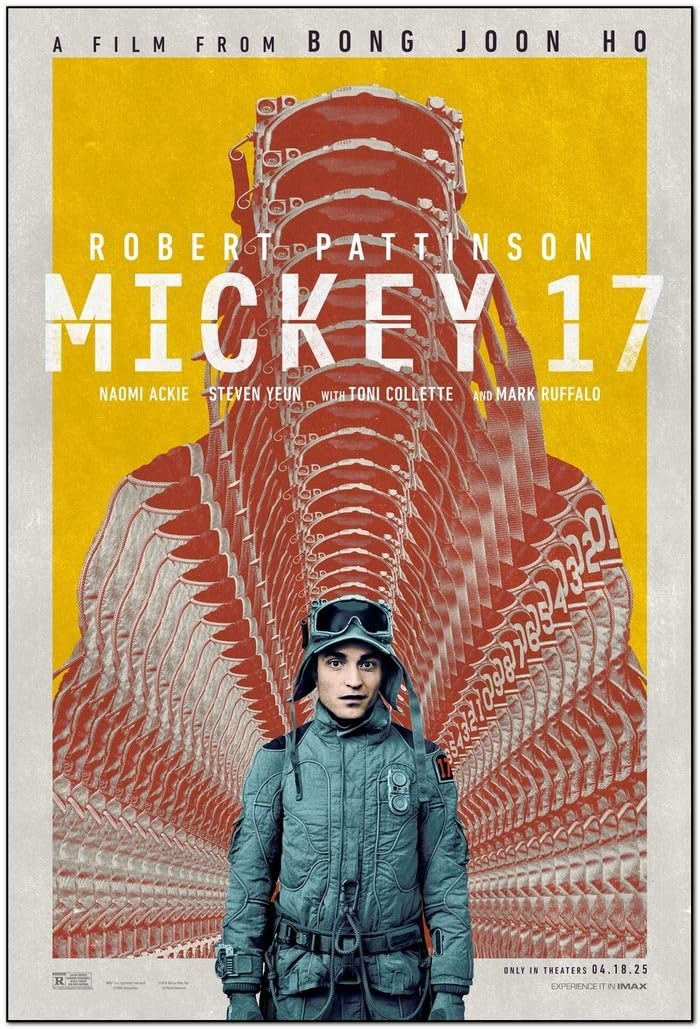
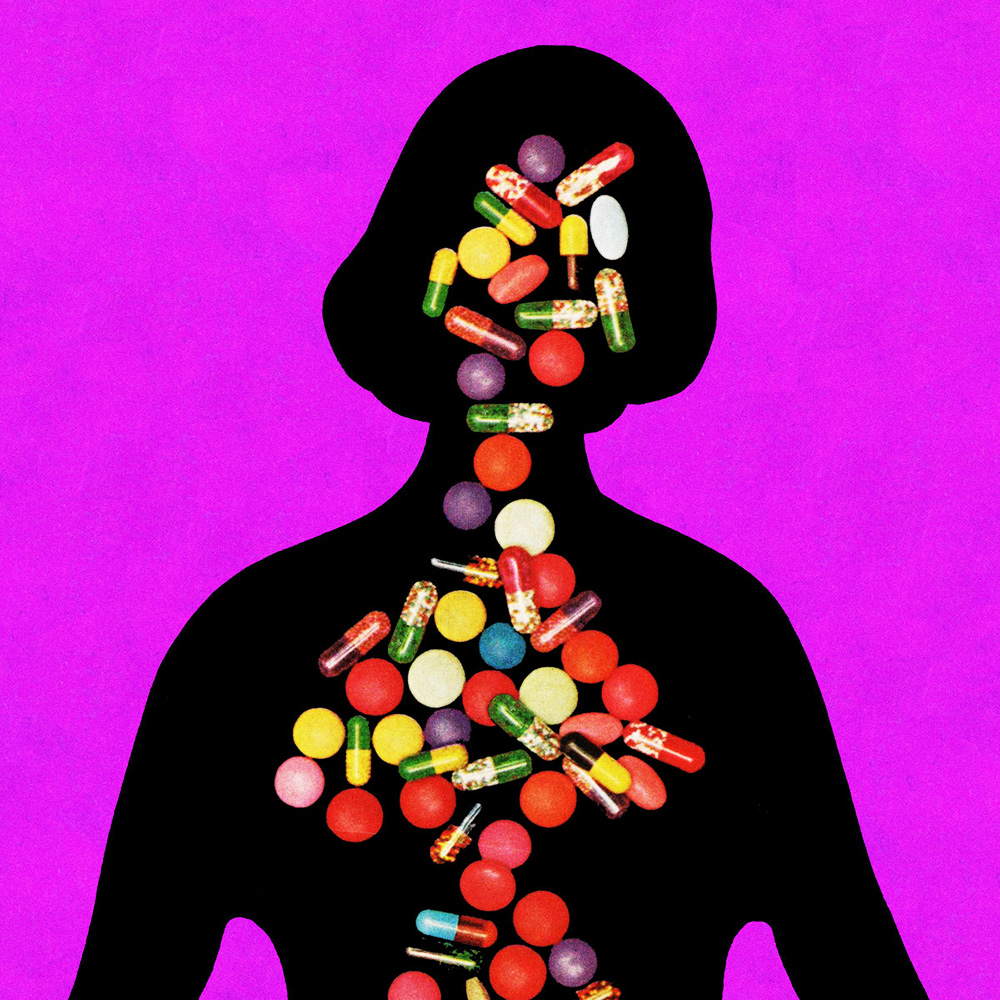
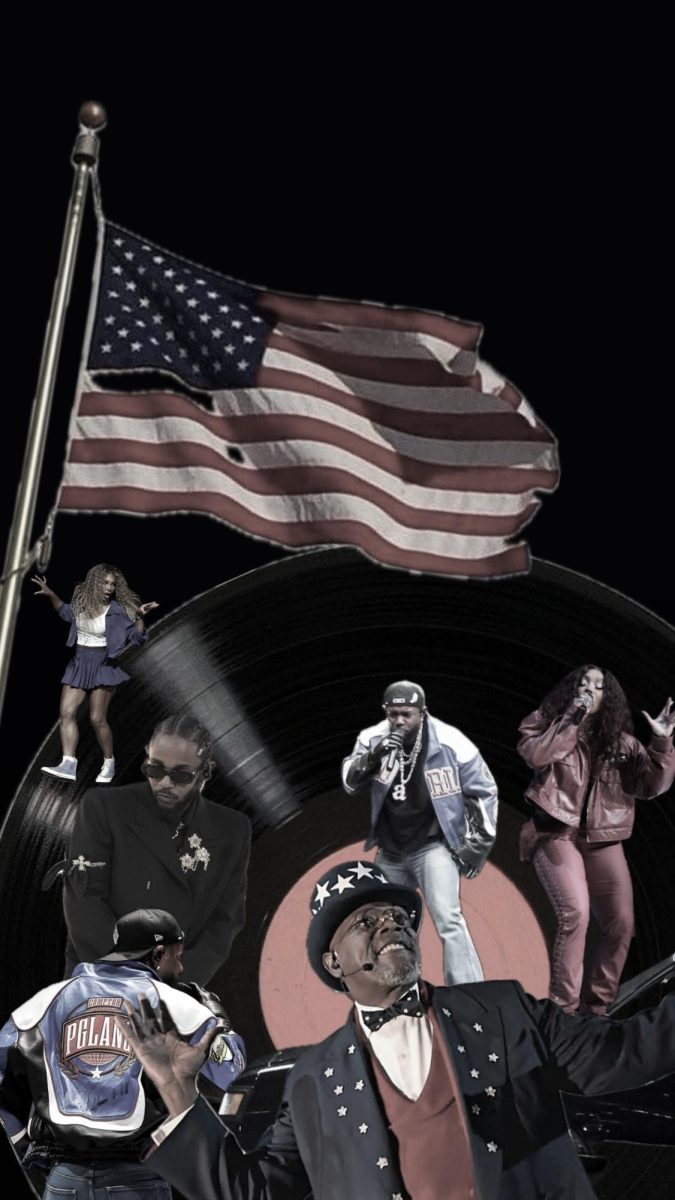
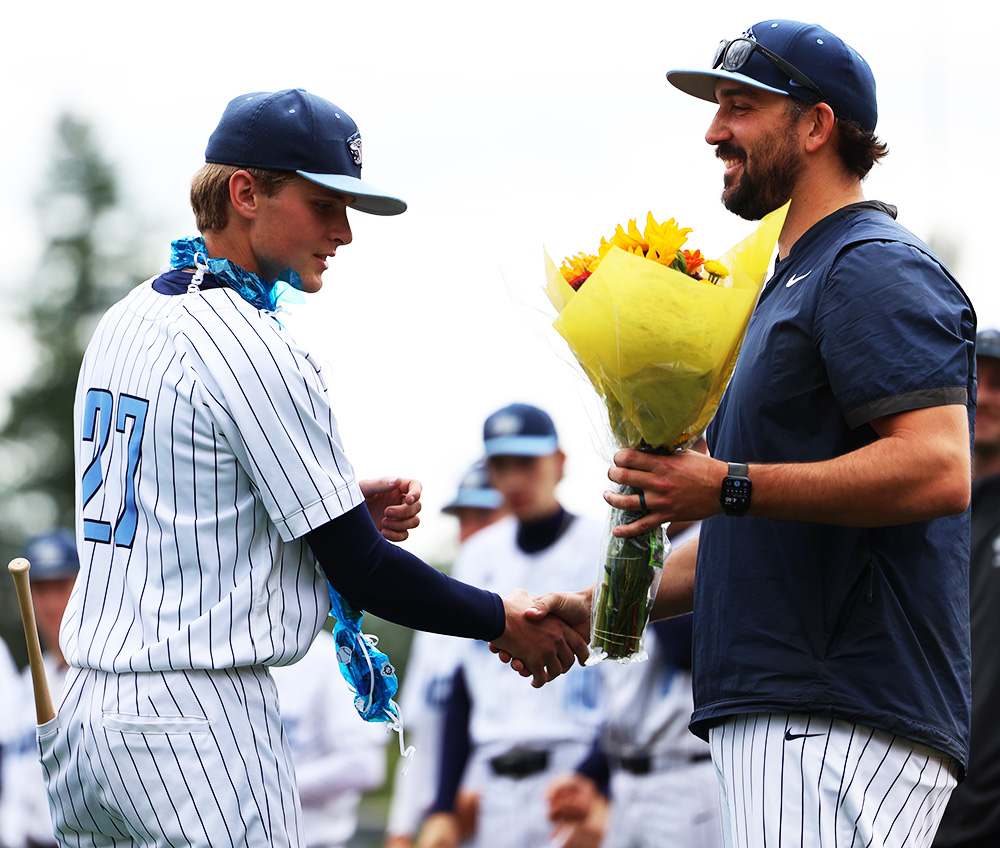
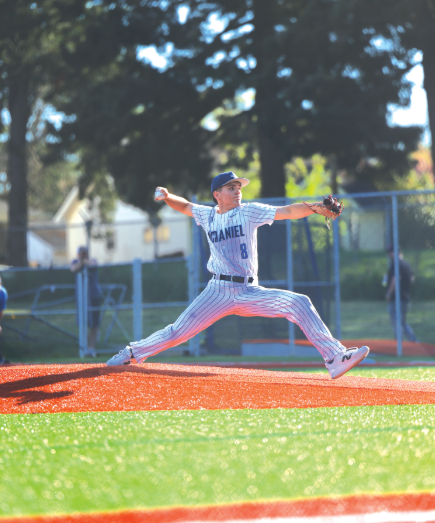

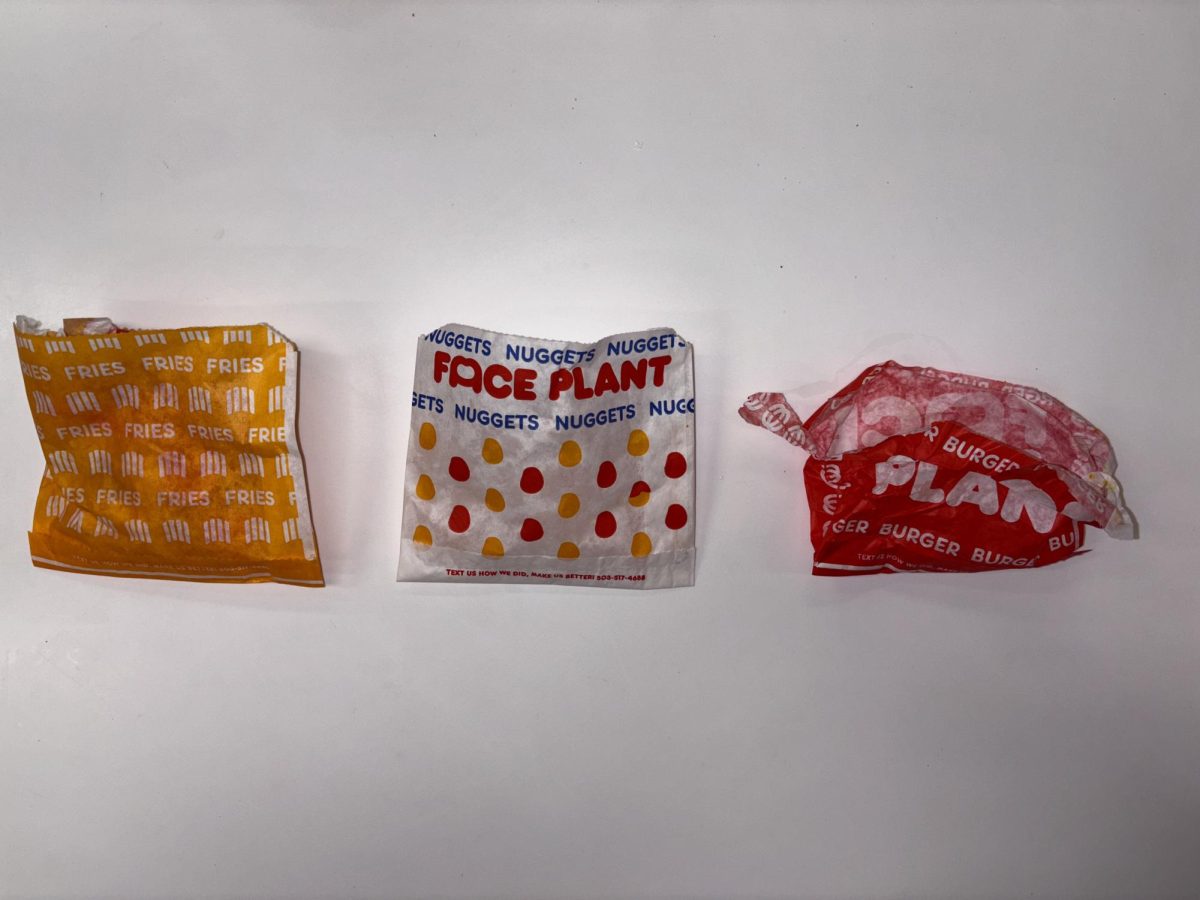

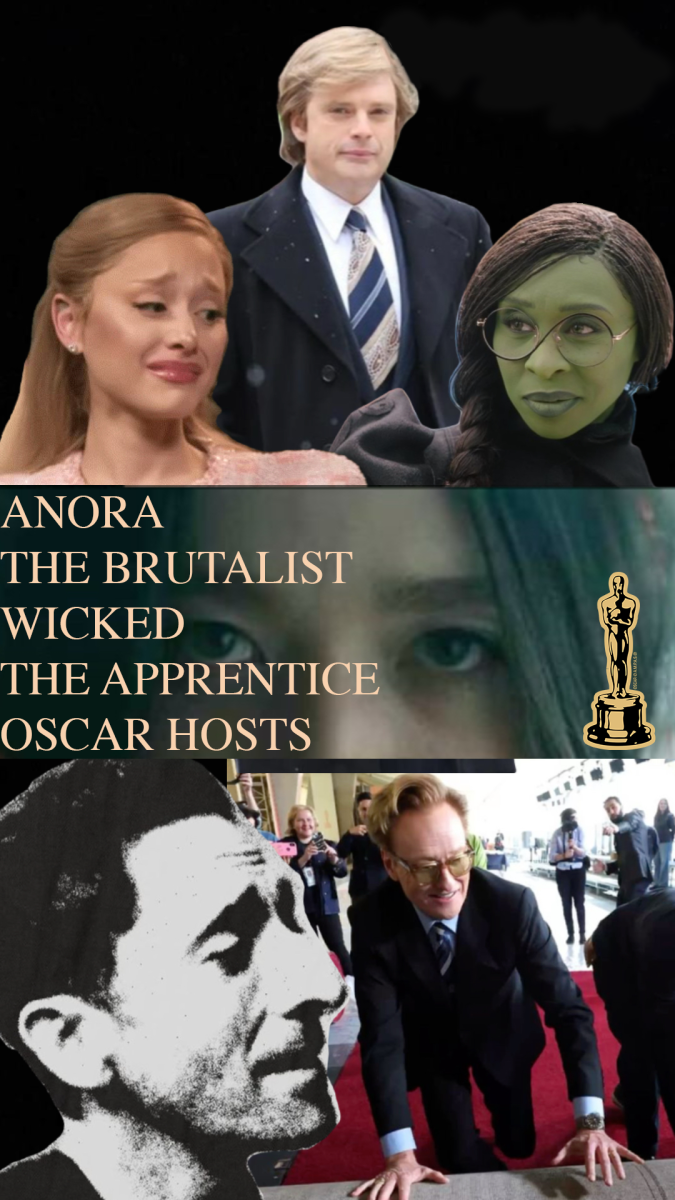
Nora • Oct 23, 2024 at 5:05 am
This is the most beautiful and inspective review I have ever read!
-Nora W.